In today’s Whirlow blog for Shrove Tuesday, we reflect on making room for the things that bring us alive, by letting go of the things that don’t.
In earlier times, to be shriven was to seek absolution for your sins. ‘Shrove Tuesday’ marked the season to be shriven, a six-week period when the faithful were asked to go inwards and allow the grace of God to reach into their dark places; to bring them light and love.
Somehow in the passage of years the season of Lent has been reduced to a question of: ‘what will we give up, sweets, alcohol, or sugar in our coffee?’. If you have ever had the chance to talk to a member of the Muslim community about their penitential month of Ramadan, the seriousness with which they approach it is striking. Food or drink in the hours of daylight are not taken, and three of the five pillars of Islam come into sharp focus: prayer, fasting and almsgiving. Breaking the fast when the sun goes down is a family affair and something to which neighbours are invited: Muslim or non-Muslim.
Ponder on this for a moment if you like. How do you feel about this invitation to transformation?
These spiritual invitations to transformation are more than just giving something up. The abstinence is to make room for another and deeper reality. In the twelve-step tradition practiced by victims of addiction there is a profound recognition of this. The first three steps are all about abstinence: the admission that you are powerless in the face of your addiction; that you need a higher power to restore you; and finally, that you will hand your life over to God.
Giving up the familiar is always challenging for us, even when the familiar might be harmful to our physical, emotional or spiritual wellbeing.
How do you feel about admitting to powerlessness in certain areas of your life?
What might your first steps to transformation look like?
Spend some time with this.
Photo by Donald Giannatti on Unsplash
In Narcotics Anonymous they talk of addiction being like a satellite dish focussed on the wrong satellite. The first three steps adjust the dish. The next three steps are: to make a searching and fearless moral inventory of ourselves; to admit to God, to ourselves and to another human being the exact nature of our wrongs; and to be entirely ready to have God remove all these defects of character. These steps clean out our receiver which has become clogged by being focussed on the wrong satellite and point us towards a deeper reality.
If the image of the satellite dish helps, spend a moment reflecting on where your own dish might be pointing – the dominant influences and priorities in your daily life.
Are there any clogged-up aspects of your life you would like to admit to God, to yourself, or maybe to another human?
In 1521 whilst laid up with a smashed and broken leg sustained in battle, St Ignatius noticed that there was a difference in his mood depending on his fantasies. He normally read knightly romances and sometimes dreamt that after he recovered, he would be a heroic leader, admired by all the high-born ladies. However, after these flights of fancy, he would be left depressed and anxious. There were no knightly romance books on hand at the place where he was laid up, so his sister gave him a life of Christ to read. At first, he didn’t relish the idea of following Christ, but after reading the book his imaginative contemplations left him feeling at peace and full of consolation.
St Ignatius identified not only the things he was unhealthily attached to but also, crucially, the deeper movements of his soul that did not seem immediately attractive but led to the deepest desires of his heart. This is the real meaning of being shriven, to be willingly stripped of the things we are hypnotised by. So that we can make room for the things that it has taken ‘so long to learn to love.’[1]
You might want to spend some time pondering on the meaning of Lent, of Ramadan, of any penitential period.
How might you make room for the things that bring you alive? How might you let go of the things that don’t?
Here are a few lines by Adrian Scott to reflect on as we enter our own personal season of Lent:
Time to grieve the wounds that fester unsung, to find
the silent rooms,
the dormant tombs
that long lain unused could prove wombs to
the remaking we ache for.
The true new beginning is to live stripped, willing
and wilful at
the starving edge
of brightening days, where solstice endured
yields to winter birthing spring.[2]
[1] David Whyte – The House of Belonging – Poem
[2] From The Starving Edge by Adrian G R Scott in Arriving in Magic available at www.adriangrscott.com


